The long-standing internal conflict within the Israeli government over its military operation in the Gaza Strip has erupted into public view. Prime Minister Benjamin Netanyahu faces mounting opposition from within his own cabinet, highlighting deep divisions regarding the strategy and objectives of the Gaza conflict.
Israeli Defense Minister Yoav Gallant has demanded a clear strategy from Netanyahu on the Gaza war, criticizing the Prime Minister for the lack of guidance on the region's future governance. Gallant voiced concerns that Palestinian resistance fighters are reclaiming areas that Israeli forces had targeted over the past eight months.
Gallant openly rejected the idea of establishing a military government in Gaza, warning that Netanyahu's indecision is exacerbating the security crisis. He stressed that without a clear plan for Gaza's governance post-conflict, Netanyahu's silence is contributing to the ongoing turmoil.
During a heated Israeli cabinet meeting, Gallant expressed frustration, stating, "Since October, I have been consistently raising this issue in the cabinet, but I have not received any response." He underscored the importance of having a plan for Gaza, whether it be civilian or military rule, to avoid further chaos.
Prime Minister Netanyahu, in turn, responded sharply to Gallant's criticisms. Without naming Gallant, Netanyahu suggested that the defense minister was making excuses for the Israeli military's inability to destroy Hamas during the conflict. Netanyahu asserted that he would not allow "Hamastan" to become "Fatahstan," highlighting the ongoing struggle against both Hamas and Fatah.
Benny Gantz, Israel's wartime cabinet minister and a moderate former general, was also dissatisfied with Netanyahu's comments. Gantz, along with other moderate cabinet members, supported Gallant's call for a coherent strategy and a move away from military rule in Gaza.
Gallant emphasized that the goals of defeating Hamas and securing the release of Israeli hostages held by Hamas since October 7 must pave the way for establishing an alternative Palestinian regime in Gaza. He opposed both Hamas and Israeli military rule in Gaza, calling for a new Palestinian leadership to take over post-conflict.
Benny Gantz echoed Gallant's sentiments, stating that it was the leadership's responsibility to act in the best interest of the country, regardless of the cost. The support from Gantz and other moderates within the cabinet underscores the growing rift within Israel's war cabinet.
Analysts warn that this division within the Israeli government comes at a critical time and could further complicate the already protracted conflict in Gaza, which has now entered its eighth month. The lack of consensus on Gaza's future governance could undermine efforts to achieve lasting peace and stability in the region.



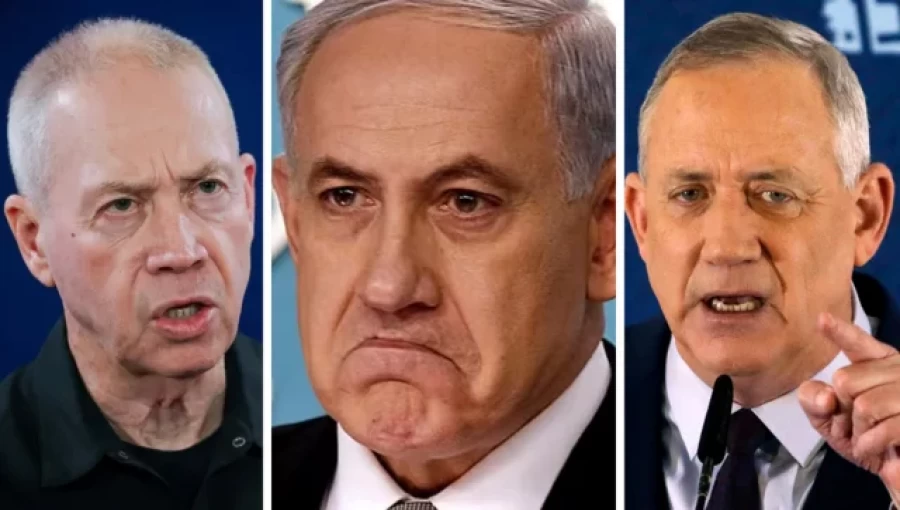

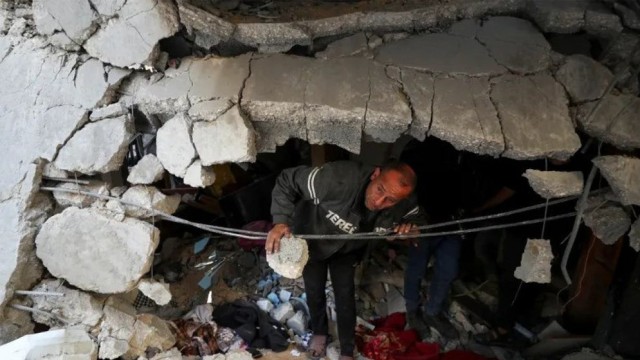



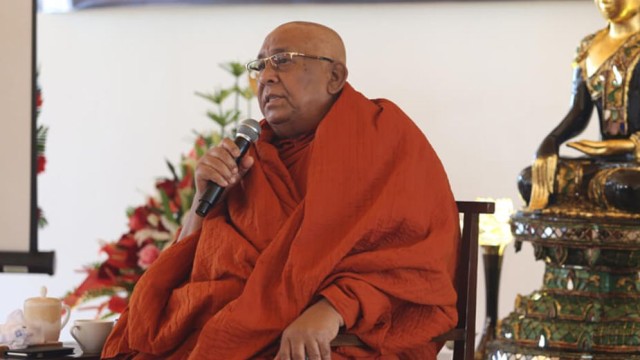



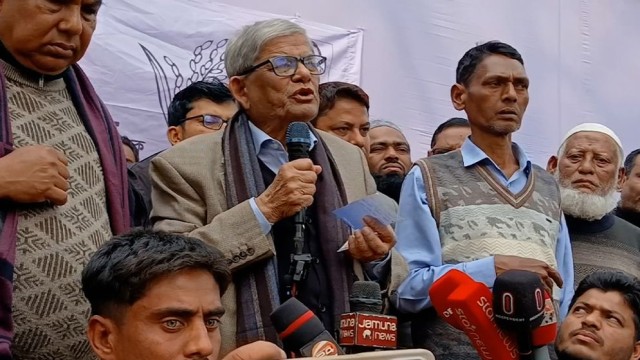

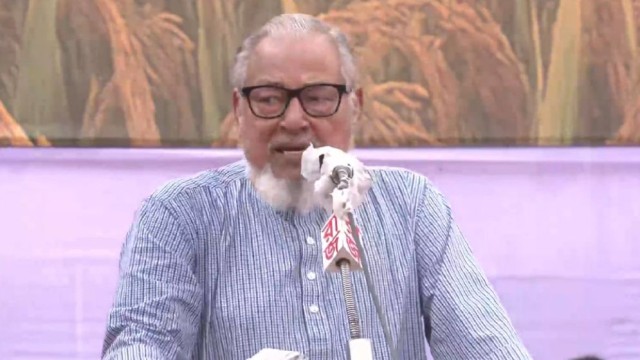

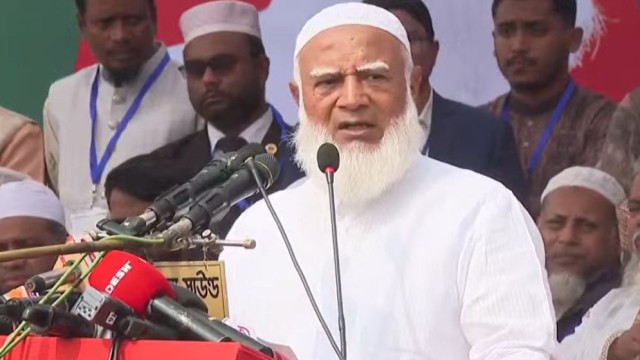

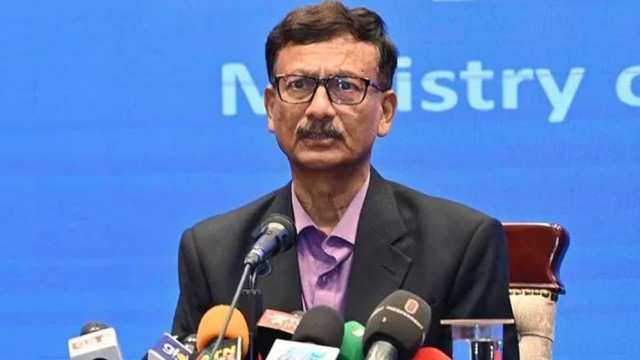




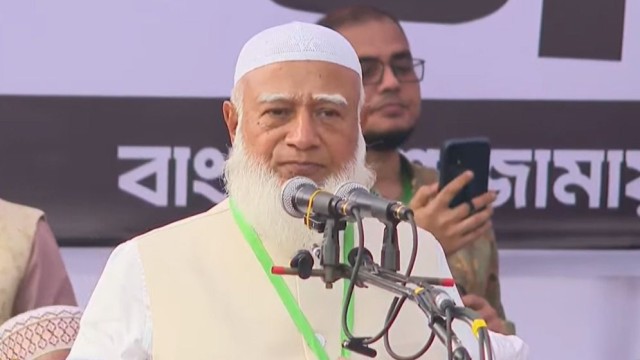
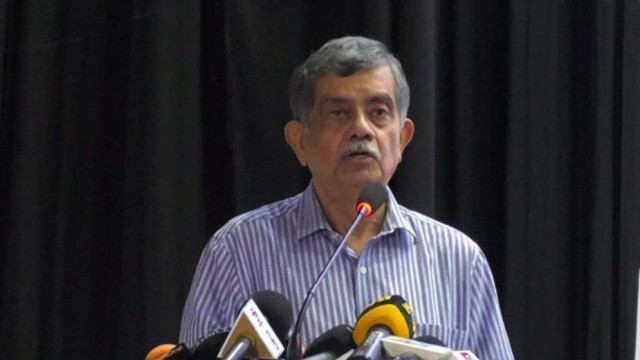




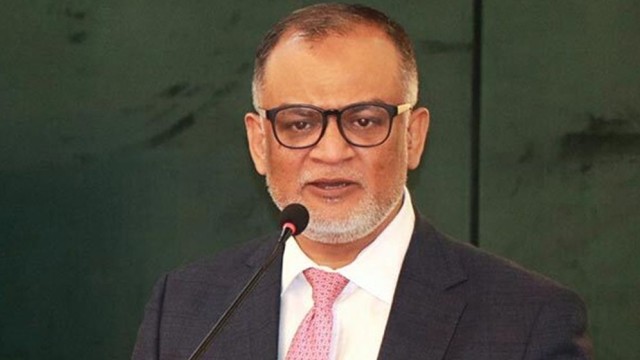
Comment: